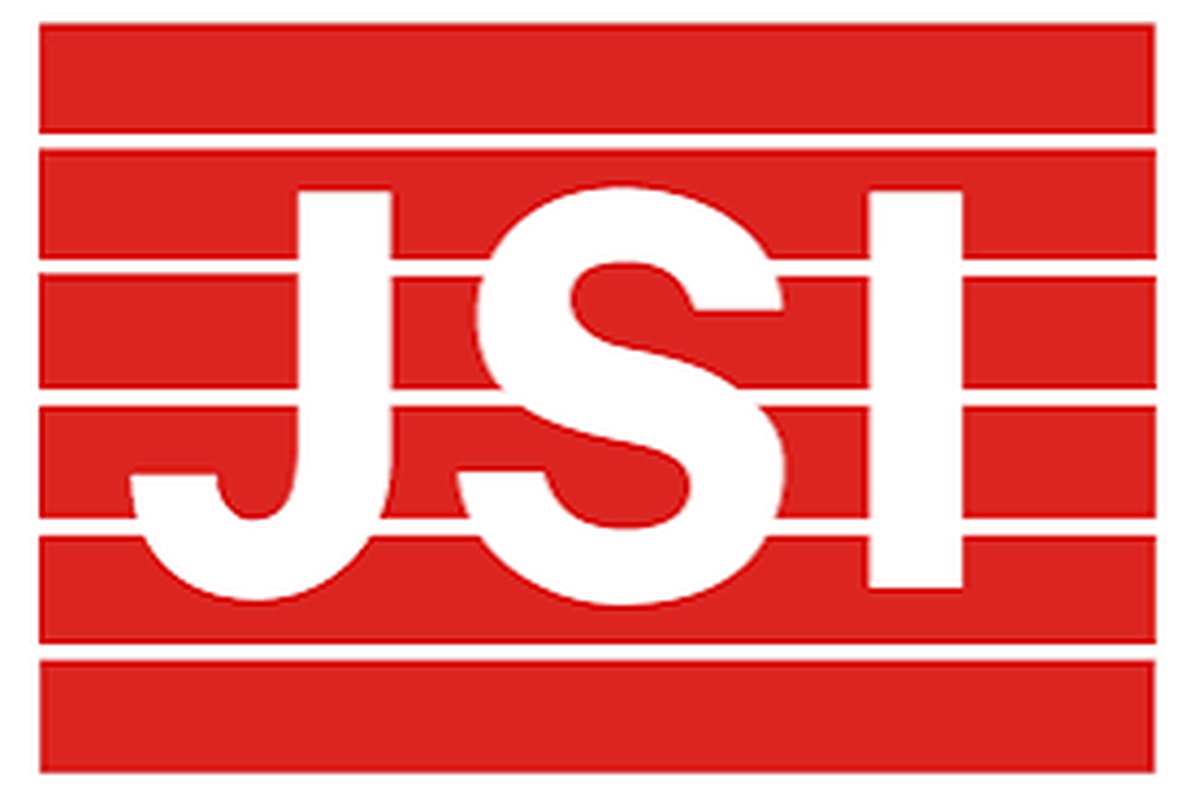Social and Behavior Change Technical Coordinator
Job Description
Amalima Loko – a five-year (2020-2025, anticipated extension to 2027) USAID-funded Bureau for Humanitarian Assistance program is designed to improve food security and elevate the livelihoods of more than 67,848 vulnerable households across five districts of Zimbabwe’s Matabeleland North: Binga, Hwange Lupane, Nkayi, and Tsholotsho. Implemented by Cultivating New Frontiers in Agriculture (CNFA), the $75 million Amalima Loko builds on the legacy of its predecessor, Amalima, which worked to sustainably improve food security and nutrition for vulnerable Zimbabwean households. To accomplish Amalima Loko’s outcomes, the program utilizes a unique Community Visioning approach designed to strengthen community and household-level resilience, promote nutrition-sensitive initiatives including a blanket food distribution program, and improve watershed infrastructure and practices that provide long-term foundations for improved resilience and agriculture-based livelihoods.
Duties and Responsibilities
Social and Behavior Change (SBC) is a pivotal requirement for Amalima Loko to succeed since all program actors from policy makers to family members must do something differently than what they are currently doing to achieve the development outcomes that define Amalima Loko project purposes. Working with the Amalima Loko project team to enable key actors to resolve the factors that inhibit their practice of desired behaviors is the core work of the SBC team. The team integrates social and behavioral science considerations into Activity planning and throughout implementation so that Amalima Loko enables people to shift social norms and change practices to realize program goals. The SBC team works across all three project purposes and with cross cutting activities. During the first years of implementation, critical behaviors for the Activity were identified and prioritized, and pathways to change were illuminated including the factors to address and supporting actors necessary to engage to support change, and finally the interventions that the Amalima Loko team would carry out to address those factors. Behavioral metrics measure progress along these pathways so the Amalima Loko team can assess progress and adapt the program plan based on learning throughout implementation.
The SBC Technical Coordinator for Hwange and Binga will:
Be a member of the SBC Team and will contribute to the strategic vision for social and behavior change linked to improved community governance, livelihood, natural resources management and health and nutrition outcomes
Support SBC strategy design & review, SBCC plans and implementation
Oversee and/or coordinate the formative and operations research (as needed)
Using data from the M&E team, track the critical behavioral outcomes across project
activities focused especially within the geographic area of one’s duty post
Within the district team, take leadership and responsibility for the SBC technical area’s
work while contributing to the overall program’s SBC and Communication programming
Advise on communication activities and methods
Support the development and/or adaptation of communication materials for the program as per need.
Coordinate SBC activities with other entities working in the Amalima Loko catchment area.
Participate in curriculum design and development of job aids for trainings especially as
they relate to communication and behavior change advocacy
Supervise the activities of field agents supporting SBC and SBCC activities
Manage capacity strengthening and supportive supervision in the effective use of SBC
approaches by front line workers and volunteers
Integrate monitoring of SBC activities with overall activity monitoring and collaborative learning
and adaptain
Facilitate in various trainings across the program’s areas of focus and participate in
community dialogues for community visioning purposes
Contribute to Activity quarterly and annual work plans and reports as requested
This position is based in the Project Office in Hwange, Zimbabwe
Qualifications and Experience
QUALIFICATIONS
Bachelor’s degree a must; Master’s degree preferred in one of the following or related
fields: Applied Agriculture; Community Development; Extension services / Communication; Anthropology or other social sciences
Minimum of 7 years of relevant experience working locally with government entities, UN agencies,
PVOs and NGOs, including at least three years at the field level
History of engagement with USAID-funded initiatives is highly desirable
Demonstrated success in applying behavior change theory and approaches in applied field settings
Demonstrated experience working as part of a team while being a self-starter and
Problem solving especially demonstrated in work in support of vulnerable populations
Fluent in Ndebele. Fluency in Tonga and Nambya is an added advantage initiative-taker
Excellent written and verbal English language skills.
Applicants will be evaluated on a rolling basis and the position will be filled as soon as possible.
Female candidates are strongly encouraged to apply.
JSI is an equal opportunity employer.
Must be a Zimbabwean national or legal to work in Zimbabwe – this is a local hire position
How to Apply
Similar Listings

CAPACITY BUILDING AND TRAINING SPECIALIST -RESILIENCE KNOWLEDGE HUB
Mercy Corps — Harare

PROJECT FINANCE AND ADMINISTRATION MANAGER
Mercy Corps — Harare

GENDER SPECIALIST - RESILIENCE KNOWLEDGE HUB
Mercy Corps — Harare

Biostatistician I
Zvitambo Institute for Maternal and Child Health Research — Harare

Biostatistician II
Zvitambo Institute for Maternal and Child Health Research — Harare

Location: Hwange
Company: John Snow Inc (JSI)
Expiry Date: 2024-05-31 00:00:00
